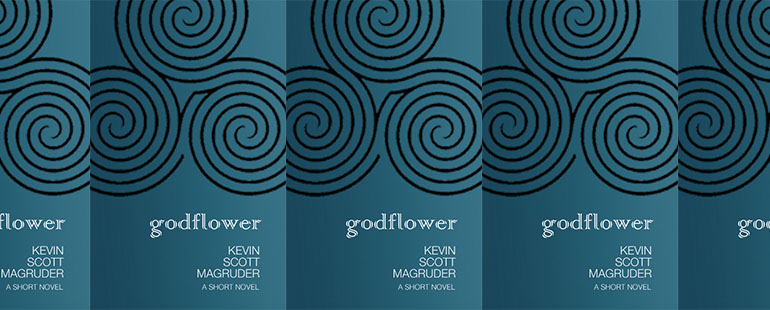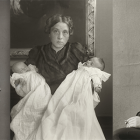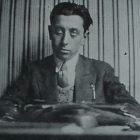Too Much Life

In Kevin Scott Magruder’s debut novel, Godflower, humanity faces a temptation as old as Greek mythology: the gift of immortality. A new experimental drug, Amaran, has been released that halts the aging process and cell deterioration, leaving users to spend the rest of eternity looking and feeling roughly the same as when they started taking it.
This gift, however, comes with some strings. Not only does a prescription require users to first undergo sterilization, but the drug is prohibitively expensive, creating, overtime, a clear demarcation between those who can afford to keep on living, and those who cannot.
In the midst of the unveiling of this groundbreaking drug we meet Acton and Diane, a futuristic embodiment of their mythological namesakes and a couple struggling to stay together in spite of their stark differences: he’s working class, she’s wealthy; he scrapes by, dispassionately teaching history, while she is passionate about her work in medicine; he’s a Christian, she believes religion is a hoax; he can’t afford to live forever and questions the entire concept, she has the connections to get her enrolled in a medical trial.
It’s impossible, reading Godflower in the middle of an election season focusing much of its energy on the question of healthcare reform, not to draw some cautionary conclusions about what can happen in a society in which all are not created equal and scientific advancement is unstoppable. The idea of immortality becoming available to those who can pay for it allegorizes the problematic nature of private healthcare to its extreme. Got the good insurance? Welcome to eternity. Have a basic plan? So long, sucker.
But beyond the elemental problem of income gaps affecting the quality of healthcare (or, in this case, longevity) one can afford, Magruder points to a deeper problem: a society that has deemed certain people deserving to live forever de facto sentences others to death. As centuries go by, immortals take hold of the mainland while mortals are isolated on “the islands.” Rather than carrying out the rest of their lives as usual, steps are taken to limit their freedom and procreation, a plan set in motion for the survival of the richest, the self-made gods.
When there is much to lose, it is all too easy for people to utilize what social psychology has termed “internal attributions” of wealth and status in order to perceive their good fortunes as earned and deserved, a consequence of merit and morality rather than mere privilege. Diane was born into an existence in which everything feels possible and entitlement is innate rather than earned. Immortality comes naturally to her. Although she provides the mortals on the islands with medical care, her view of them is clearly colonialist. They are like zoo animals or living museum exhibits—precious, quaint, and forgettable. In Magruder’s universe there is a clear division into gods and humans, or humans and sub-humans.
But even as they bask in the glow of the eternal, those humans rendered immortal clearly seem to be drawing their own short end of the stick. With nothing but years on their hands, the purpose of life is no longer to live it to the fullest, but to kill time. Passions wane, interests dull, friendships lose their flavor, sex its edge. The stakes for long-term relationships become all-around too high, and the endeavor as a whole seems pointless. What is commitment to another when there is no death do us part? What are dreams without a finite amount of time to make them come true?
But to have passion and love, to be human, is per definition to yearn for eternity. And in this sense, Acton is nearly hopeless. A photonegative of Diane, Acton was born into a world of limited options. Being a jaded history teacher with low aspirations, he appears much better prepared for the futility of the immortality project. From the start, his attitude is skeptical and unenthusiastic. For him, the pathways of human life are clear: work is something one does to get by, and love means spending a lifetime together. The only reason for him to even consider Amaran is the notion of staying young alongside Diane, but his near-fatalism makes it impossible to truly fight for her.
Perhaps Acton and Diane were doomed even without Amaran. There were already plenty of other obstacles for them to overcome if they were going to stay together. But with one life to live, without eons in which to weigh the pros and cons of making a lasting commitment, they may have taken a leap of faith. In the end, true faith is simply too difficult for both of them, regardless of their religious backgrounds. Instead, Acton remains in his goddess’ endless life as an echo, an apparition that pops up in different forms, a memory so many centuries old she can no longer place it as she makes her lackluster journey through eternity.
In a book conjuring both past and future, mythology and science fiction, Magruder paints an enchanting picture of devastation. Beware of the promises of endless possibilities, he seems to tell his readers. There is nothing new under the sun. In the end, there is only love and community. In the end, we either share this life with each other, or we do not live it at all.



